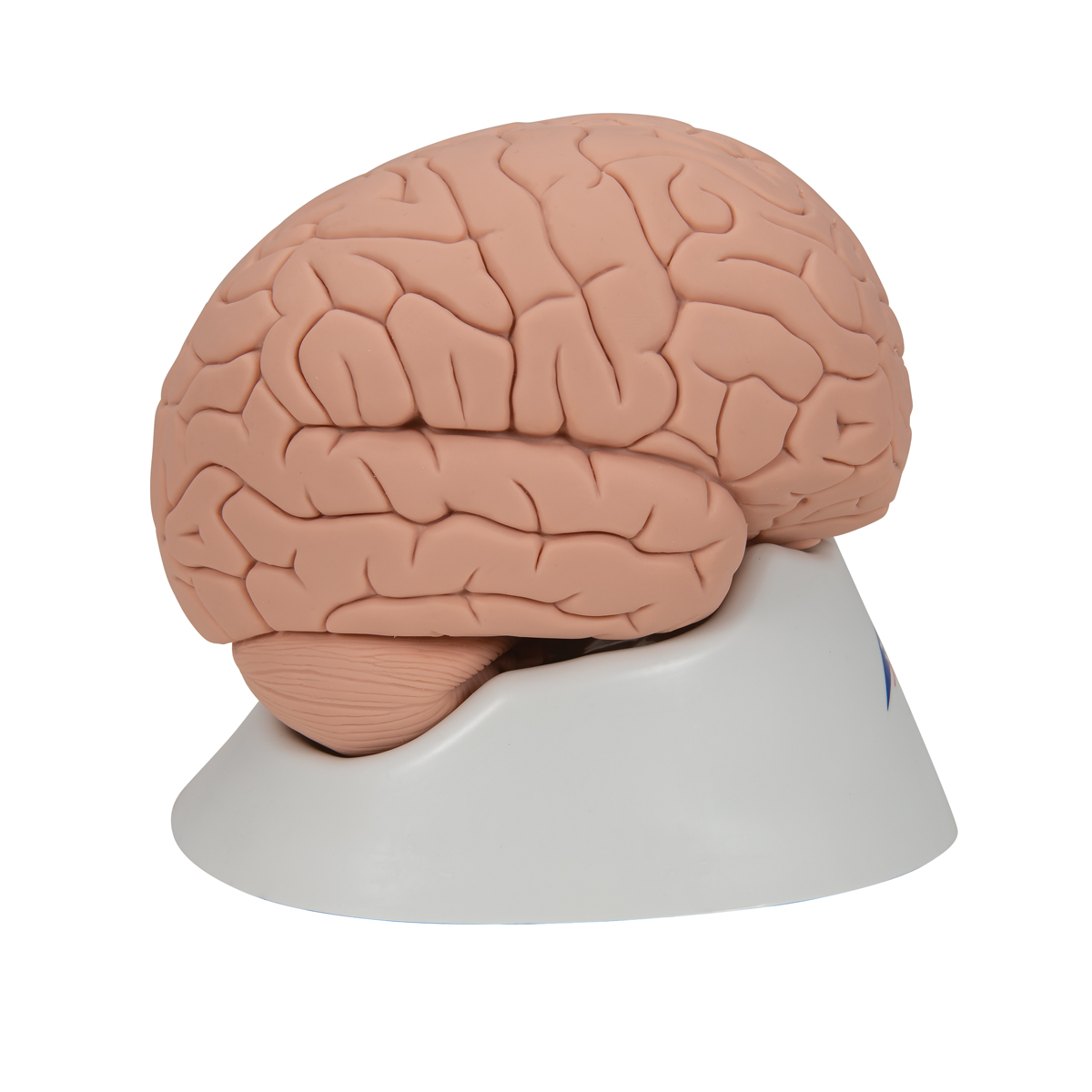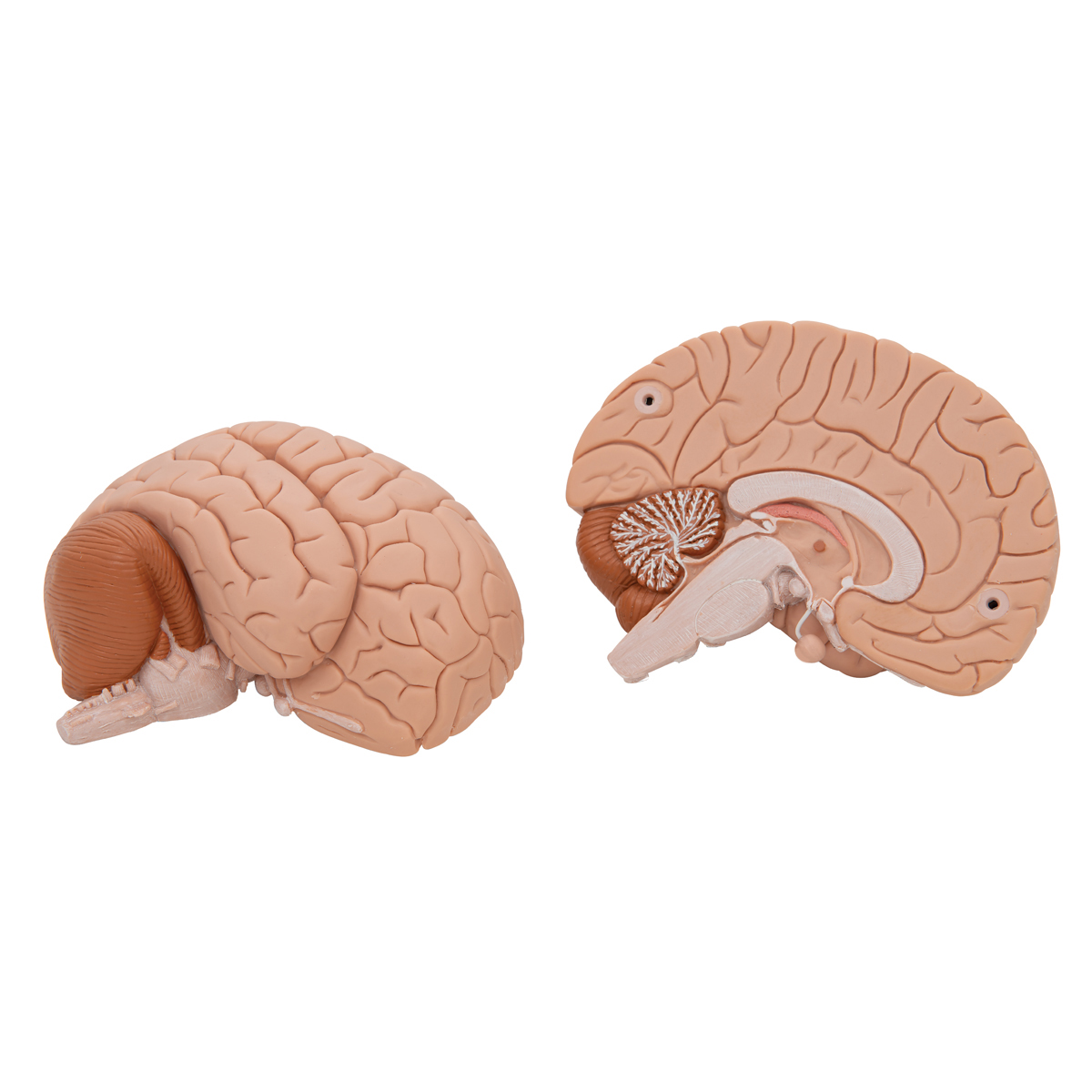Understanding Extreme Brain Fog
Extreme brain fog is a condition that affects mental clarity and cognitive function. It manifests as a feeling of mental cloudiness, where thoughts seem muddled or unclear. This experience can disrupt daily activities and hinder productivity. Many individuals report difficulties with focus, memory, and decision-making when experiencing brain fog. Understanding this condition is crucial for those who encounter it frequently.
Common Causes of Extreme Brain Fog
Several factors contribute to extreme brain fog. Stress is one of the primary culprits. Prolonged stress can impede cognitive function, leading to foggy thinking. Additionally, inadequate sleep has significant effects on mental performance. Sleep deprivation disrupts the body’s natural rhythms and impairs cognitive abilities.
Moreover, poor nutrition plays a vital role. A lack of essential nutrients can lead to a decline in mental function. Diets high in sugar and processed foods can also exacerbate brain fog. Furthermore, certain medical conditions such as hypothyroidism, fibromyalgia, and chronic fatigue syndrome can trigger this frustrating experience.
Infections can also be a contributing factor. Viral infections, particularly those affecting the brain, can result in mental sluggishness. Additionally, medication side effects may lead to cognitive impairments. Some common medications, like antihistamines or certain antidepressants, have been linked to fuzzy thinking.
Environmental factors may also play a role. Exposure to toxins such as heavy metals can impact brain function negatively. Similarly, poor air quality has been associated with cognitive decline. Identifying potential environmental triggers is an essential step in understanding extreme brain fog.

Symptoms of Extreme Brain Fog
Recognizing the symptoms of extreme brain fog is crucial for management. Individuals often report feelings of confusion or disorientation. These feelings can lead to difficulties in concentrating on tasks. Common symptoms also include forgetfulness and challenges in recalling information.
Additionally, brain fog may manifest as mental fatigue. This fatigue differs from physical tiredness and can feel overwhelming. Moreover, individuals may exhibit low motivation or an inability to start projects. This lack of motivation can be frustrating, especially during busy periods.
Accompanying symptoms may include mood swings or irritability. Emotional instability can further complicate the experience of brain fog. Some people also report physical symptoms such as headaches or dizziness. These symptoms can compound feelings of confusion and further decrease productivity.
Social interactions often become challenging when dealing with brain fog. Conversations may feel taxing, and individuals might struggle to find the right words. This inability to articulate thoughts can lead to feelings of isolation or frustration.
Furthermore, brain fog can impact professional life. Tasks may take significantly longer to complete, resulting in decreased efficiency. Thus, the cumulative effects of extreme brain fog can impact an individual’s quality of life. Recognition of these symptoms is vital for seeking appropriate support and management strategies.
Impact of Diet on Brain Fog
Diet plays a pivotal role in cognitive health and the onset of extreme brain fog. Consuming a balanced diet rich in whole foods can significantly improve cognitive function. A diet high in fruits, vegetables, whole grains, and healthy fats supports brain health. Nutrient-dense foods provide essential vitamins and minerals needed for optimal brain performance.
Conversely, diets high in processed foods can contribute to brain fog. Sugar, in particular, has a detrimental effect on cognitive abilities. High sugar intake may lead to energy crashes, resulting in foggy thinking. Similarly, excessive consumption of refined carbohydrates can cause insulin spikes and crashes. These fluctuations can exacerbate feelings of mental fatigue and confusion.
Omega-3 fatty acids are essential for brain health. Incorporating sources like fatty fish, flaxseeds, and walnuts can bolster cognitive function. Additionally, antioxidants play a crucial role in combating oxidative stress in the brain. Foods rich in antioxidants, such as berries and leafy greens, can protect brain cells from damage.
Staying hydrated is another essential factor. Dehydration can lead to significant cognitive impairments. Drinking adequate water throughout the day can help maintain optimal cognitive function. Furthermore, limiting caffeine and alcohol intake can also improve mental clarity.
Planning meals mindfully can have lasting effects on cognitive performance. Preparing balanced meals helps ensure sufficient nutrient intake. Establishing a routine that incorporates healthy eating habits can enhance overall well-being. Thus, looking closely at dietary choices can offer significant improvements in combating extreme brain fog.

Lifestyle Changes to Combat Brain Fog
Implementing lifestyle changes can help mitigate the effects of extreme brain fog. Regular physical activity is one of the most effective strategies. Engaging in exercise promotes blood circulation and increases oxygen flow to the brain. Physical activity also stimulates the release of endorphins, enhancing mood and cognitive function.
Moreover, establishing a consistent sleep routine is vital. Prioritizing sleep hygiene can lead to improved cognitive clarity. Aim for seven to nine hours of quality sleep per night. Creating a relaxing bedtime routine can signal the body to unwind. Limiting screen time before bed also contributes to better sleep quality.
Additionally, incorporating mindfulness practices can alleviate stress and enhance mental clarity. Techniques such as meditation and deep breathing exercises can promote relaxation and focus. Taking short breaks throughout the day can prevent mental fatigue and boost productivity. Engaging in hobbies or activities that bring joy can also be beneficial.
Building strong social connections can positively influence mental health. Engaging with friends or family members can foster emotional support and reduce feelings of isolation. Sharing experiences may also provide insights into managing brain fog. Establishing a strong support network is crucial for coping with the challenges of brain fog.
Creating a structured daily routine can help improve focus and productivity. Establishing clear goals and breaking tasks into smaller steps can reduce overwhelm. This approach enhances motivation and helps maintain clarity throughout the day. Adopting these lifestyle changes can lead to lasting improvements in cognitive health.

The Role of Stress Management
Managing stress is critical in combating extreme brain fog. Chronic stress can significantly impact cognitive function. It can lead to mental fatigue, which hinders cognitive performance. Therefore, incorporating effective stress management techniques is essential.
Mindfulness practices are effective in reducing stress levels. Techniques such as yoga and meditation promote relaxation and mental clarity. Engaging in these practices regularly can improve overall well-being. Mindfulness encourages individuals to stay present, reducing feelings of overwhelm.
Additionally, physical exercise serves as a potent stress reliever. Activities such as running, swimming, or dancing can release endorphins. These natural chemicals boost mood and help clear mental fog. Regular physical activity also fosters resilience against stressors.
Establishing a solid support system can alleviate feelings of stress. Connecting with friends, family, or support groups provides emotional comfort. Sharing experiences and seeking advice can alleviate feelings of isolation. Additionally, seeking professional help may be necessary for some individuals.
Moreover, prioritizing relaxation is essential in stress management. Allowing time for hobbies and leisure activities can recharge mental energy. Engaging in enjoyable activities promotes overall mental well-being. Thus, managing stress effectively can lead to enhanced cognitive function and a reduction in brain fog.

Seeking Professional Help for Brain Fog
When experiencing extreme brain fog, seeking professional help is advisable. A healthcare provider can conduct a thorough evaluation to determine underlying causes. This assessment may include discussing lifestyle, diet, and medical history. Understanding the root causes is crucial for targeted treatment.
In some cases, additional tests may be necessary. Blood tests can assess nutrient deficiencies or hormonal imbalances. Imaging studies, like MRIs, may be recommended to evaluate brain health. Identifying any underlying conditions is essential for effective management.
Professional guidance can also provide tailored strategies for managing brain fog. Providers may recommend specific dietary changes or supplements to boost cognitive function. Cognitive Behavioral Therapy (CBT) may also be beneficial for addressing underlying stress or anxiety.
Joining support groups can also provide valuable resources. Connecting with others who experience brain fog can offer insights and encouragement. Sharing strategies and coping mechanisms can foster a sense of community.
It is vital not to underestimate the impact of mental health on cognitive function. Addressing anxiety or depression can improve overall cognitive clarity. Thus, seeking professional help can lead to effective management and a better quality of life.

Conclusion: Embracing a Clearer Mind
Extreme brain fog can pose challenges to daily life. However, by understanding its causes and symptoms, individuals can take positive steps. Optimizing diet, managing stress, and implementing lifestyle changes can improve mental clarity. Seeking professional help can also provide valuable support.
Incorporating healthy habits boosts cognitive function and reduces brain fog. This journey toward clarity often requires patience and commitment. Establishing a well-rounded approach will ultimately benefit overall well-being. Embracing effective strategies leads to a healthier mindset and a clearer mind.
Taking these steps will foster resilience and enhance cognitive abilities. Each small change can contribute significantly to mental clarity. Thus, individuals can navigate life more effectively, free from the constraints of brain fog. Achieving a clearer mind is achievable with continuous effort and support.
